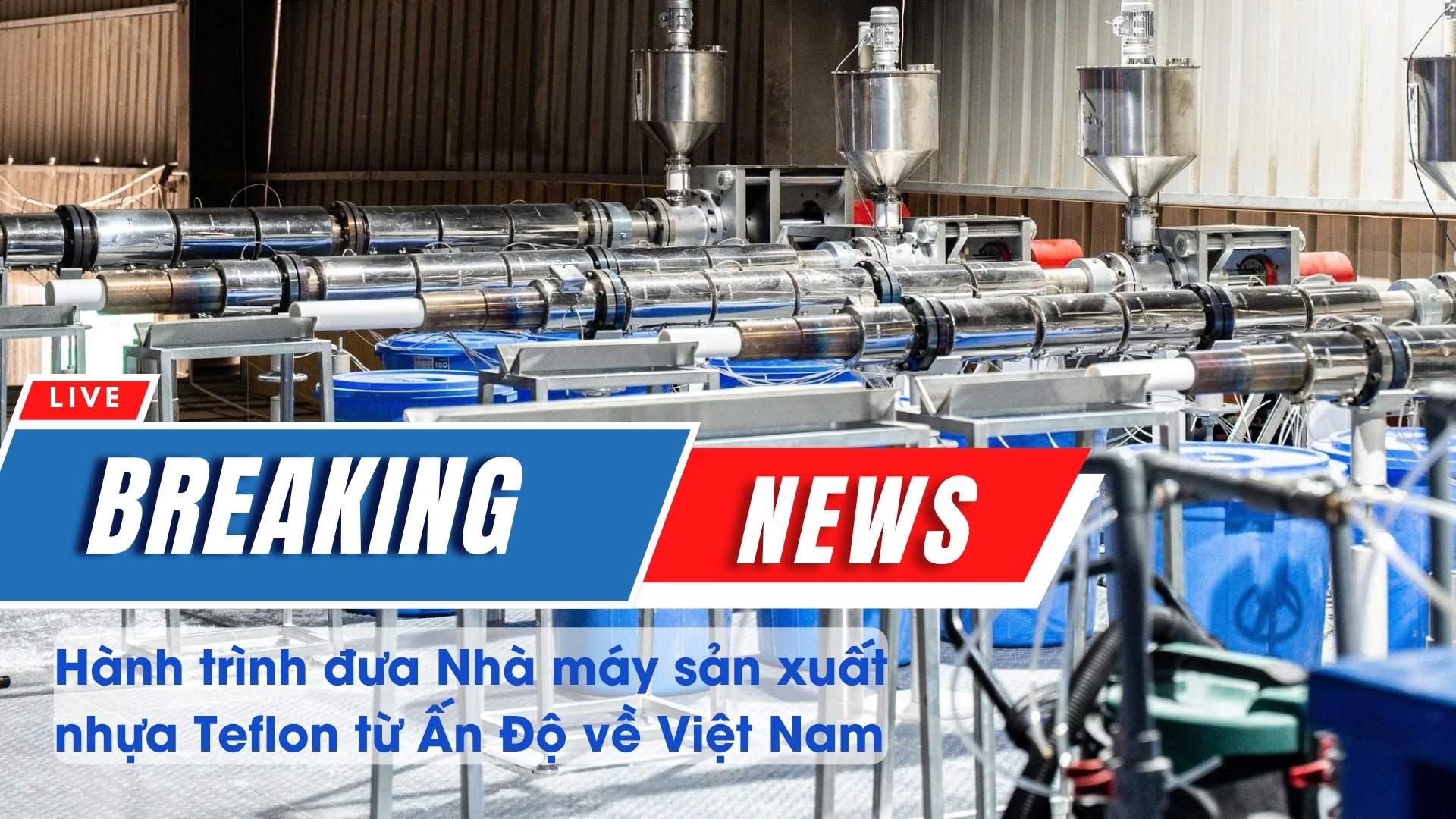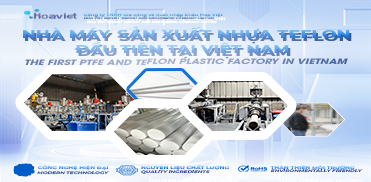Have you ever wondered why food doesn't stick to your pan when cooking? The answer lies in a magical material called Teflon. Today, let's explore Teflon with TOP3 - an invention that has revolutionized many areas of everyday life.
What is Teflon plastic?
Teflon is more than just a name. It is a well-known brand name for a special material in the world of science and technology. Its scientific name is polytetrafluoroethylene (PTFE) - a name that seems complicated but hides the secret to the special properties of this material.

The History of Teflon
Did you know that Teflon was invented by accident? Let's travel back in time to find out this fascinating story:
- 1938: Roy Plunkett, a chemist working for DuPont, was researching a new refrigerant.
- Unexpected discovery: An unsuccessful experiment resulted in the creation of a smooth, white solid - the precursor to Teflon.
- Development and application: DuPont recognized the potential of this new material and began developing it for industrial applications.
- 1954: Teflon was first used in kitchenware, marking the beginning of a revolution in cooking.
The story of Teflon is a prime example of how accidental discoveries can lead to essential inventions that change our daily lives.
Properties of Teflon
Teflon possesses many unique properties, making it a "superhero" in the world of materials:
- Non-stick: You can imagine Teflon as a magic carpet, where food and liquid cannot stick. This is why non-stick pans have become so popular!
- Heat resistance: Teflon is a real "warrior" when faced with high temperatures. It can withstand temperatures up to 260°C without deforming.
- Smooth: Teflon's surface is as soft as silk, significantly reducing friction.
- Waterproof: Water slides over the Teflon surface like raindrops on a lotus leaf.
- Corrosion resistance: Teflon can "stand firm" against the attack of most chemicals.
- Insulation: In the world of electronics, Teflon acts as a "wall" that separates electric current.

Advantages of Teflon plastic
Teflon plastic not only has unique properties but also brings many benefits in use:
- Effective non-stick:
- Makes cooking easier than ever
- Cleaning after cooking becomes quick and straightforwardWithstand high temperatures:
- Suitable for many different cooking methods
- Safe to use in the oven (at the right temperature)
- You can imagine Teflon as a reliable companion in the kitchen, always ready to help you create delicious dishes without having to worry about cleaning up afterwards.

Disadvantages of Teflon plastic
However, like any other material, Teflon also has its limitations:
- High environmental sustainability:
- Teflon is resistant to decomposing naturally
Can persist in the environment for a long time
- Teflon is resistant to decomposing naturally
- Decomposition at high temperature:
- When the temperature exceeds 350°C, Teflon can begin to decompose
This process can release toxic substances
- When the temperature exceeds 350°C, Teflon can begin to decompose
These disadvantages emphasize the importance of using and disposing of Teflon responsibly.
The impact of Teflon plastic on the environment
Although Teflon offers many benefits, its impact on the environment is a concern:
- Hard to decompose:
- Teflon can persist in the environment for hundreds of years
Contributing to the global plastic pollution problem
- Teflon can persist in the environment for hundreds of years
- Accumulation in the environment:
- Discarded Teflon products can accumulate in soil and water
May affect ecosystems and food chains
- Discarded Teflon products can accumulate in soil and water
- Treatment:
- Recycling Teflon is a major challenge due to its chemical properties
Special disposal methods are required to minimize environmental impact
- Recycling Teflon is a major challenge due to its chemical properties
To reduce this impact, we can:
- Use Teflon products properly to extend their life
- Find specialized recycling centers for Teflon products
- Consider using more environmentally friendly alternatives
- Applications of Teflon plastic
Teflon is not limited to the kitchen. It is present in many diverse areas of life:
- Non-stick for pans and pots:
- Makes cooking easy and cleaning quick
Reduces the amount of grease needed
- Makes cooking easy and cleaning quick
- Industrial pipes:
- Anti-corrosion in harsh chemical environments
Reduce friction, increase transport efficiency
- Anti-corrosion in harsh chemical environments
- Aerospace industry:
- Reduces friction for moving parts
Used in spacecraft insulation
- Reduces friction for moving parts
- Medical industry:
- Non-adhesive dental instruments
Artificial mucosa in surgery
- Non-adhesive dental instruments
- Textile industry:
- Waterproof Sportswear
Fireproof Fabrics for Protective Clothing
- Waterproof Sportswear




